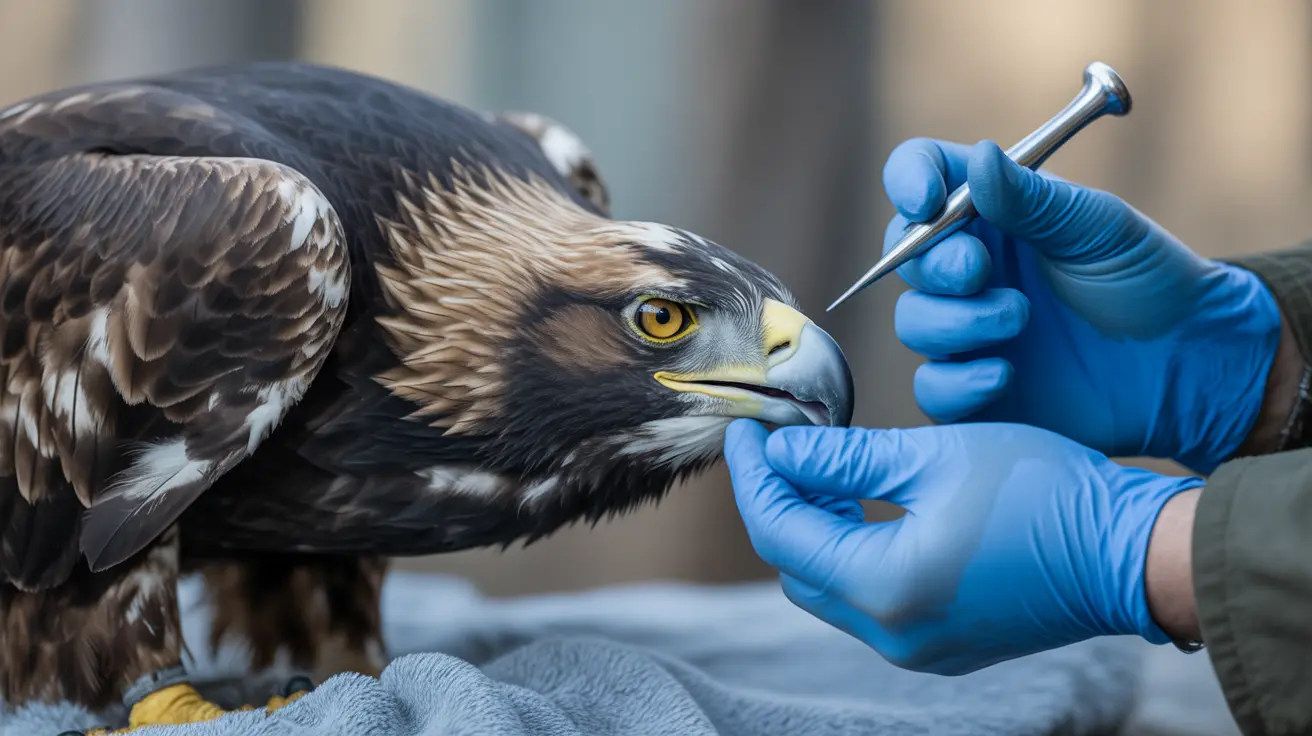Dealing with fleas is a constant battle for dog owners, and finding the safest flea treatment for dogs can feel overwhelming. With numerous options available, from oral medications to topical treatments and natural remedies, pet parents need reliable information to protect their beloved companions from these persistent parasites.
This comprehensive guide will walk you through the most effective and safe flea prevention methods, helping you make an informed decision that keeps your dog healthy and comfortable.
Understanding Flea Treatment Options for Dogs
Oral Medications: A Convenient Approach to Flea Prevention
Oral flea treatments have gained popularity due to their ease of use and comprehensive protection. Leading options like Simparica Trio and NexGard offer powerful defense against multiple parasites. Bravecto stands out with its extended three-month protection, providing dog owners with long-lasting peace of mind.
These medications work systemically, meaning the active ingredients circulate through your dog's bloodstream, killing fleas quickly upon biting. This approach ensures thorough protection and reduces the risk of reinfestation.
Topical Treatments: Targeted Flea Protection
For dogs that swim frequently or have sensitive digestive systems, topical treatments like Frontline Plus and Advantix II remain excellent choices. These products are applied directly to the dog's skin, typically between the shoulder blades, creating a protective barrier that kills and repels fleas.
Topical treatments can be particularly effective for dogs with specific lifestyle needs, offering flexibility in flea prevention strategies.
Natural Flea Prevention: Exploring Alternative Methods
While chemical treatments are highly effective, some pet owners seek natural alternatives. Diatomaceous earth has gained attention as a potential natural flea deterrent. However, it's crucial to use food-grade diatomaceous earth and follow proper application guidelines.
Caution is advised with essential oils, as many can be toxic to dogs. Always consult with a veterinarian before attempting any natural flea prevention method.
Choosing the Right Flea Treatment: Key Considerations
Factors to Evaluate
Selecting the safest flea treatment for dogs isn't one-size-fits-all. Consider these critical factors:
- Your dog's age and health status
- Frequency of outdoor activities
- Local climate and parasite prevalence
- Potential allergies or sensitivities
- Concurrent health treatments
Veterinary Guidance: The Most Important Step
No online guide can replace professional veterinary advice. A veterinarian can provide personalized recommendations based on your dog's unique health profile, ensuring the most effective and safe flea prevention strategy.
Frequently Asked Questions
What are the safest flea treatment options for dogs, and how do they compare in effectiveness?
The safest options include oral medications like Simparica Trio and NexGard, and topical treatments like Frontline Plus. Each has pros and cons, with oral treatments offering systemic protection and topical treatments providing targeted defense. Effectiveness varies, so consult your vet for the best match.
Can I safely use both oral and topical flea treatments on my dog for better protection?
Generally, it's not recommended to combine different flea treatments without veterinary guidance. Doing so can lead to overdosing or adverse reactions. Always consult your veterinarian before mixing treatments.
How do I decide between oral flea and tick medications and topical treatments?
Consider your dog's lifestyle, swimming habits, and health conditions. Oral medications are convenient and work systemically, while topical treatments are ideal for dogs that swim or have sensitive digestive systems.
Are natural flea prevention methods effective alternatives to chemical treatments?
Natural methods like diatomaceous earth can help, but they're typically less reliable than veterinarian-approved chemical treatments. Some natural options may have limited effectiveness or potential risks.
What factors should I consider when choosing a flea and tick prevention method?
Key factors include your dog's age, health, lifestyle, local parasite prevalence, and potential allergies. A veterinarian can provide the most comprehensive guidance tailored to your dog's specific needs.






